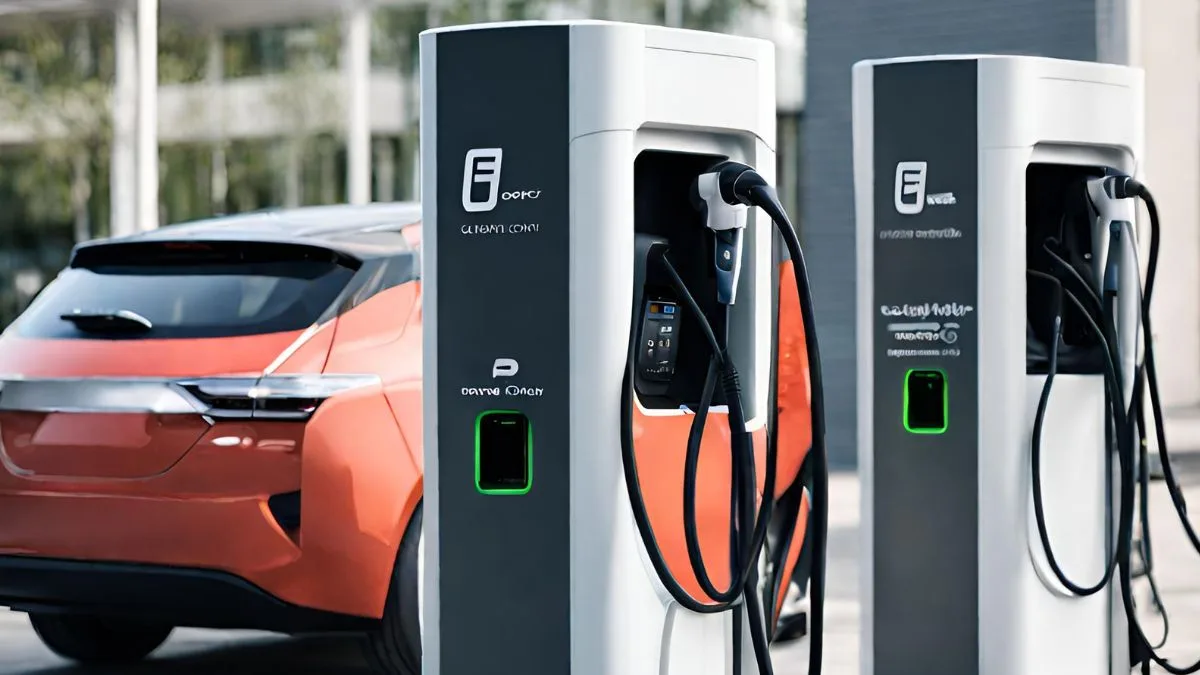India, the world’s third-largest oil importer, is experiencing a paradigm shift towards electric vehicles (EVs). Driven by environmental concerns, government incentives, and ambitious national targets, the Indian EV market is poised for significant growth. This article explores the latest trends and future prospects of electric cars in India, examining factors influencing their adoption and the roadmap to a sustainable electric future.
Favorable Government Policies and Incentives
The Indian government is playing a proactive role in promoting EV adoption through policies like the Faster Adoption and Manufacturing of Hybrid and Electric Vehicles (FAME) scheme. FAME offers subsidies on electric two-wheelers, three-wheelers, and four-wheelers, making them more affordable for consumers. Additionally, several state governments are providing additional benefits like lower road tax and registration fees, further incentivizing EV purchases.
Growing Demand and Expanding Market
EV sales in India are witnessing a healthy upswing. According to industry reports, over 4.19 lakh electric vehicles were sold in India in 2022, a significant jump from 1.19 lakh in 2020. This growth is expected to continue, with projections estimating sales of up to 39.21 million EV units by 2030.
Focus on Infrastructure Development
Building a robust charging infrastructure is crucial for widespread EV adoption. The government and private companies are collaborating to install charging stations across India, with a target of setting up 1.32 million stations by 2030. These efforts will address range anxiety, a major concern for potential EV buyers.
Advancements in Battery Technology
Battery technology is a key area of innovation in the EV sector. Research and development are focused on increasing battery range, reducing charging times, and lowering battery costs. Affordable and long-lasting batteries will significantly enhance the overall appeal of electric cars.
The Rise of Made-in-India EVs
Indian manufacturers are actively participating in the EV revolution. Established players like Tata Motors and Mahindra & Mahindra are launching new electric car models, while start-ups like Ather Energy and Ola Electric are making their mark. This domestic production will not only improve affordability but also create jobs and boost the Indian economy.
Challenges and the Road Ahead
Despite the positive outlook, some hurdles remain. High upfront costs compared to internal combustion engine (ICE) vehicles and limited charging infrastructure are key challenges. Additionally, concerns about battery safety and disposal need to be addressed effectively.
The future of electric cars in India appears bright. With government support, technological advancements, and increasing consumer interest, India is well on its way to becoming a major player in the global EV landscape. Overcoming the existing challenges will be crucial to achieving this vision. A collaborative effort from the government, private sector, and consumers is essential to usher in a sustainable electric future for India.
Discover more from Wheels Craze - Automotive News, EV News, Car News, Bike News
Subscribe to get the latest posts to your email.





